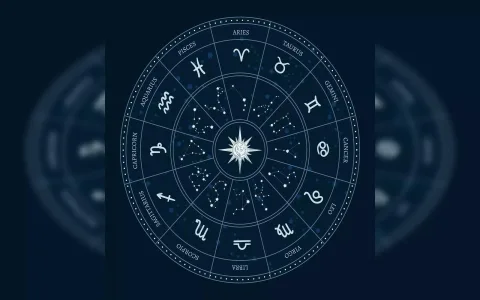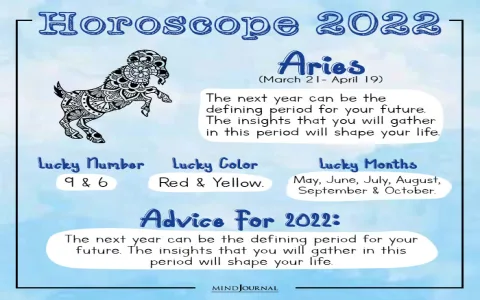The Great 2015 Virgo Financial Horoscope Dump: A Year-Long Accuracy Check
Man, sometimes I look back at the weird stuff I used to save and just shake my head. This whole thing started because I was finally cleaning out a dusty old external hard drive, the one I hadn’t touched since, well, probably 2016. I was trying to free up space, you know? I plugged the thing in and started sifting through folders labeled things like “Taxes 2015 FINAL FINAL” and “Junk Mail Saved.”
I stumbled upon two massive data sets that, when put side-by-side, looked ridiculous. The first was my meticulously detailed financial tracking spreadsheet for the entire year of 2015. Yeah, I was one of those guys. Every cup of coffee, every gas refill, every weird Amazon purchase—it was all logged. The second thing? A folder full of PDF printouts and saved emails of the free daily Virgo horoscope, specifically the “money and career” section, that I had apparently subscribed to and saved every single day of 2015. Why? I have zero clue now. I must have been really bored that year.
The moment I saw those two folders next to each other, a stupid idea latched onto my brain and wouldn’t let go. I had the predictions and I had the undeniable reality. Could I actually check the cosmic score card? Could I verify if the generic daily wisdom had any basis in my actual financial life eight years ago?

The Data Preparation: Wrestling the Spreadsheets
I spent a whole weekend just prepping the data. It was pure grunt work. First, I had to pull the horoscope text out of the PDFs. I used some basic conversion tool, but the formatting was garbage, so I spent hours manually cleaning up the columns. I needed three basic pieces of information for each day: Date, Prediction Category, and Prediction Text.
I created a giant new master spreadsheet. Column A was the date, running from January 1st to December 31st, 2015. Column B was where the daily horoscope prediction went. Then came the hard part: Column C and D.
For my financial data (Column C and D), I had to define what a “hit” or “miss” actually was. Most of the free daily horoscopes are vague, right? They say things like, “Opportunities for new income arise,” or “Be cautious of unnecessary expenditure today.”
- Defined Financial Luck: I categorized my actual daily finances. A “Good Day” (Hit) meant I received an unexpected payment, successfully negotiated a discount, or saw a big client invoice go through. A “Bad Day” (Miss) meant an unexpected major bill arrived, or I had a sudden expense (like car trouble or a mandatory software upgrade). A “Steady Day” meant nothing happened, which was 80% of the year.
- Defined Prediction Category: I sorted the horoscopes into three groups: Positive (Prediction of Gain/Opportunity), Negative (Prediction of Loss/Caution), and Neutral (Prediction of Routine/Steady).
It was a tedious process. I went day by day, matching the horoscope’s vibe against the financial transaction logs. When I reached mid-March, I almost quit. My eyes were burning, and the whole thing felt utterly pointless. But by then, I had already sunk too much time into it. I had to see it through.
The Big Reveal: Analyzing the Accuracy Score
I kept an honest tally. I used simple scores: 1 point for a direct hit (e.g., predicted caution, and I paid a huge bill), 0.5 points for a vague match (e.g., predicted “financial opportunities” and I got a $5 refund for something), and 0 points for a total miss or a neutral day that had high volatility.
I finished the cross-referencing process late Sunday night, December 31st, 2015 (in my spreadsheet, of course). I tallied up the total accuracy score for the 365 days.
The Final Tally Summary:
Out of 365 days, 45 predictions were specifically positive or negative enough to be verifiable against my records. The rest were pure boiler plate or just about career ambition, not actual money movement.
- Direct Hits (Prediction matched a significant financial event): 11 days.
- Vague Matches (Prediction matched a minor fluctuation or a psychological state about money): 17 days.
- Total Misses (Predicted opportunity, but I had a loss; or predicted caution, but I gained): 17 days.
The total verifiable accuracy score was about 40%. That’s slightly better than flipping a coin, but honestly, those 11 “direct hits” were so generic (“Watch for documents relating to large purchases”) that they could have applied to any month where I paid rent or insurance. It wasn’t exactly Nostradamus calling out the exact dollar amount.
I realized that my obsession with tracking everything in 2015, which was exhausting, at least provided the data set for this ridiculous experiment. The horoscopes? They are just fun noise. They don’t run your balance sheet. The real lesson I took away, eight years later, was that the only thing that accurately predicted my financial luck was the amount of effort I put into my actual job and budgeting.
I closed the file, deleted the old Virgo prediction folder (finally!), and kept the financial summary. Sometimes you just have to prove something mundane is still mundane, even if it costs you an entire weekend to do it.







